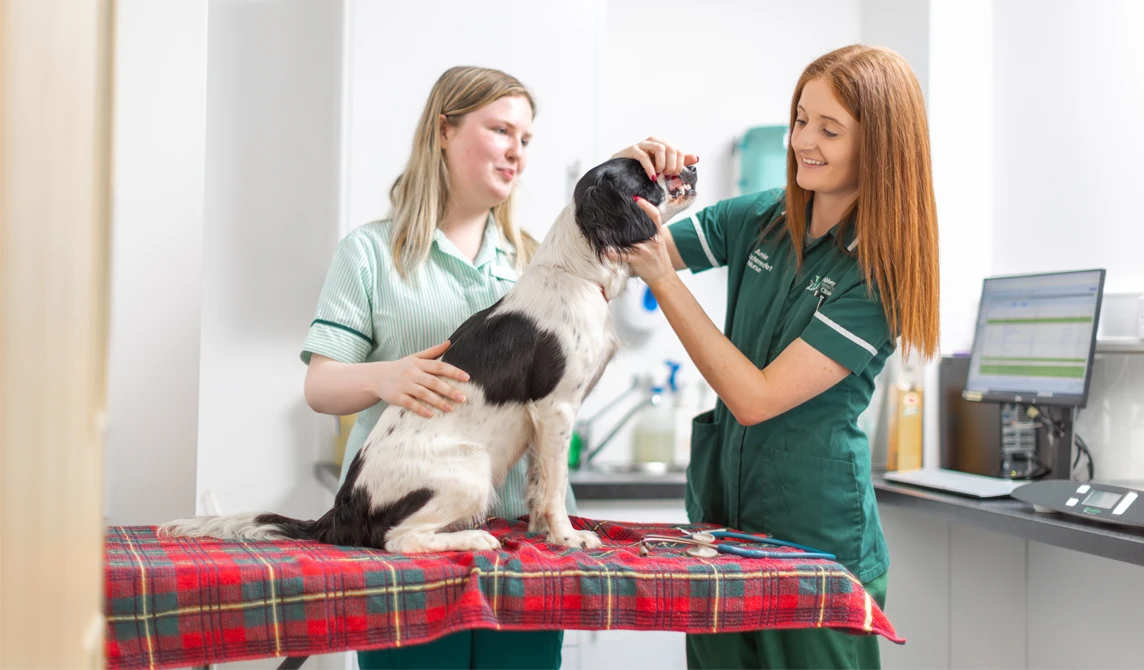At Abbey Veterinary Clinic in Angus, we provide affordable and transparent vet services. Our vet price list covers consultation fees, emergency vet prices, surgery costs, and more for dogs, cats, and exotic pets. Trust us for competitive, no-hidden-cost pricing and low-cost vet clinics.
